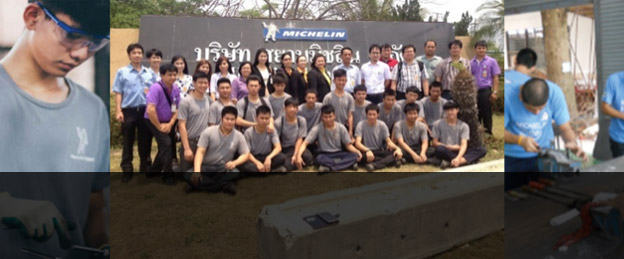Socioeconomic megatrends such as digitization, internationalization and demographic change are having an increasing impact on shaping the world of work and are effecting a profound transformation of work-processes and work organizations in companies. Skilled workers must be able to react appropriately to these changes, which requires a corresponding competence development. The introduction of new concepts of work and organizational concepts as well as the objective of acquiring reflexive action competence are accompanied by a change of perspective: learning in the work-process is undergoing a renaissance, as the learning content of work-processes is again being very strongly acknowledged nowadays.

Dr.Sven Schulte
Scientific Researcher and Lecturer
TU Dortmund University
Germany
http://www.fk12.tu-dortmund.de/cms/IAEB/de/Lehrbereiche/Berufspaedagogik/Personen/index.html
Issue 2, Issue 9
Field of expertise/main research projects:
Support of learning processes in TVET with digital media Work process orientated competency research TVET Research Methods and Evaluation



